To provide the best experiences, we use technologies like cookies to store and/or access device information. Consenting to these technologies will allow us to process data such as browsing behaviour or unique IDs on this site. Not consenting or withdrawing consent, may adversely affect certain features and functions.
The technical storage or access is strictly necessary for the legitimate purpose of enabling the use of a specific service explicitly requested by the subscriber or user, or for the sole purpose of carrying out the transmission of a communication over an electronic communications network.
The technical storage or access is necessary for the legitimate purpose of storing preferences that are not requested by the subscriber or user.
The technical storage or access that is used exclusively for statistical purposes.
The technical storage or access that is used exclusively for anonymous statistical purposes. Without a subpoena, voluntary compliance on the part of your Internet Service Provider, or additional records from a third party, information stored or retrieved for this purpose alone cannot usually be used to identify you.
The technical storage or access is required to create user profiles to send advertising, or to track the user on a website or across several websites for similar marketing purposes.
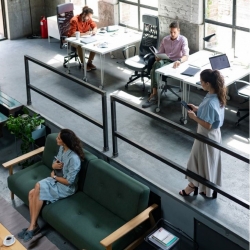 New research suggests that a growing number of younger workers in the UK are turning to second jobs as they struggle to manage everyday living costs. According to a poll from Boostworks, more than half of Gen Z workers and over 70 percent of Millennials are exploring ways to supplement their income, with many already taking on additional work outside their primary employment. The findings, based on a survey of 5,600 working adults, highlight the scale of financial strain facing the workforce, particularly among younger generations. (more…)
New research suggests that a growing number of younger workers in the UK are turning to second jobs as they struggle to manage everyday living costs. According to a poll from Boostworks, more than half of Gen Z workers and over 70 percent of Millennials are exploring ways to supplement their income, with many already taking on additional work outside their primary employment. The findings, based on a survey of 5,600 working adults, highlight the scale of financial strain facing the workforce, particularly among younger generations. (more…)




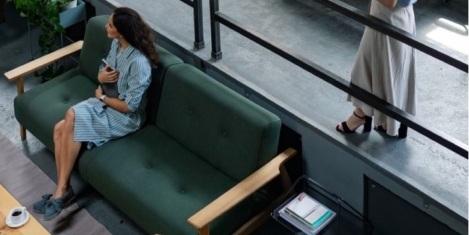












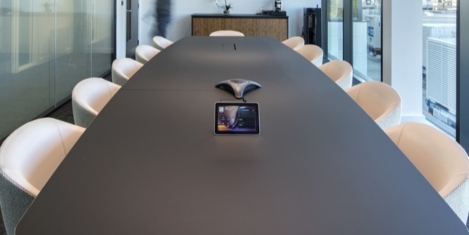
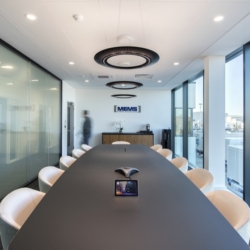












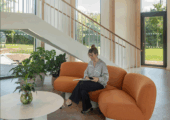
August 4, 2025
How AI is already changing the world of work
by Laura Anderson • AI, Comment, Workplace